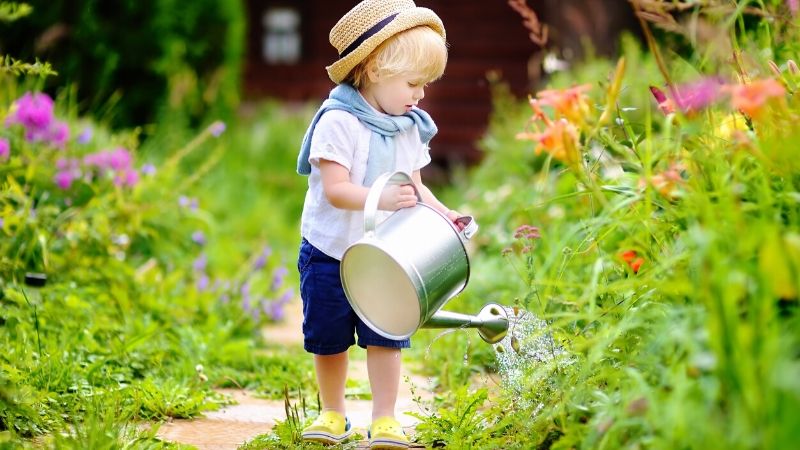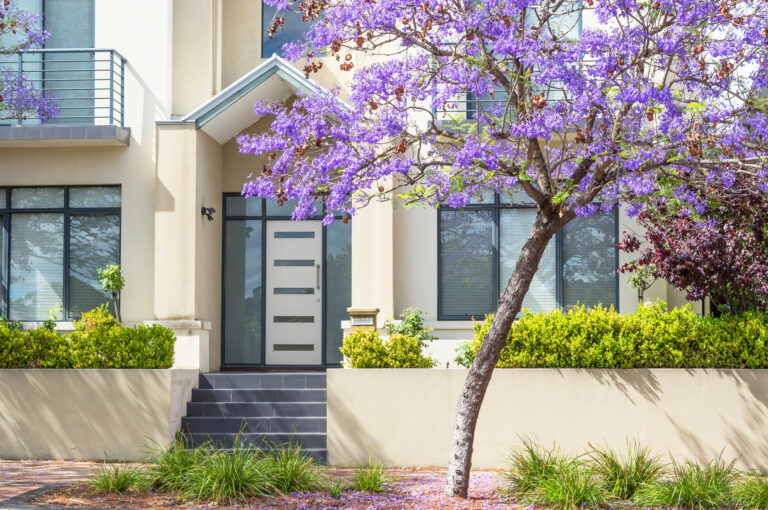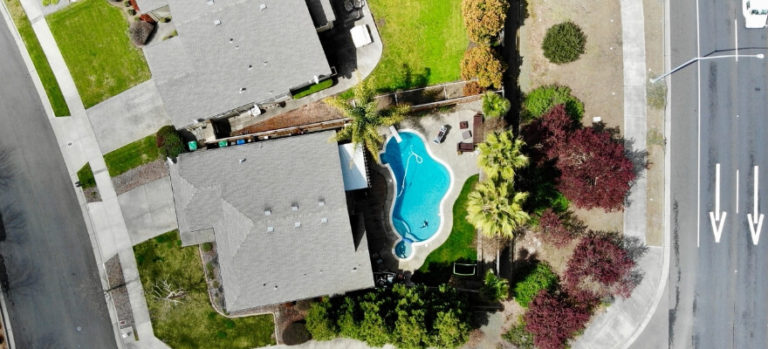Time to read: 4 mins
You may have heard whispers of a ‘new’ approach to gardening however the practises behind Sustainable Gardening herald back to our grandparent’s generation.
Sustainable gardening is the practice of causing no harm to the earth and animals while benefiting from the activity – such as food production or just a beautiful space to call home. It places a strong emphasis on reducing your environmental footprint, which can often then flow into your home and every day habits.
There are six key practises for effective sustainable gardening, with other handy tips to keep you and your green space on track.
Collect Water
There are many ways you can collect water, even if you do not have a rainwater tank on your property. Have a reserve of tubs ready to place outside when it rains, and get into the habit of collecting shower water with a bucket.
Plant Water Wise
Choose plants that require less water – which means avoiding those used to tropical environments and planting native Australian and Mediterranean plants as they will be more suited to our climate.
Plan for Wildlife
Discover what wildlife is abundant in your area and plan your garden around creating a mini ecosystem. Plant flowers to attract bees, native flowering bushes for the birds, and build small pockets for animals to call home.
Mulch
Another simple way to make the most of your water, while also deterring weeds and unwanted plants is to mulch. You can make your own or find many natural and organic mulch options at your local hardware.
Compost
This is one of the most powerful things you can do to maintain a sustainable garden while also shrinking your carbon footprint. Composting uses the food waste you would normally throw out and transforms it into a powerful food for your garden and plants. We have a number of blogs on getting started with compost, as well as a comprehensive list of what you can and cannot compost.
Chemical Free
Say no to garden chemicals, and also switch your cleaning products to natural or green cleaners to minimise the effect on local waterways.
Other tips for sustainable gardening
- Choose plastic free. When buying anything to use in your garden, from tools to pots, choose the non plastic option.
- Recycle. Look at ways you can use household items in the garden, rather than sending them to the landfill.
- Grow your own food. Minimise your food miles and environmental footprint by growing some food at home. Start with leaves and herbs and add more when you feel confident in your gardening skills.
- Find support. There are many gardening groups and community gardens, with people who are already growing sustainable gardens at home.
- Family time. Gardening is better when it’s shared with your loved ones. Get everyone involved and enjoy the time to switch off and get in touch with nature.










